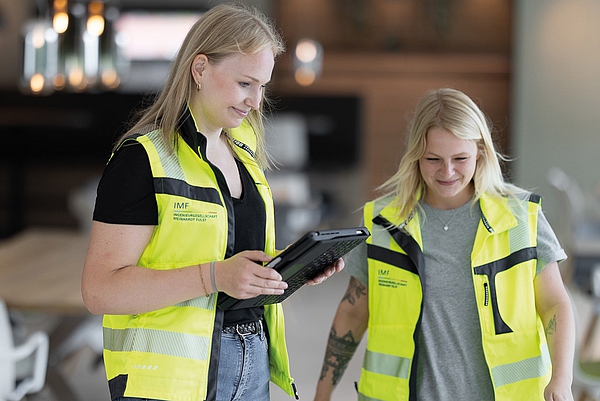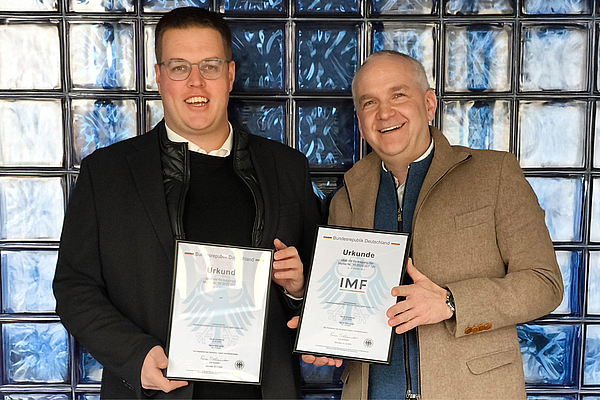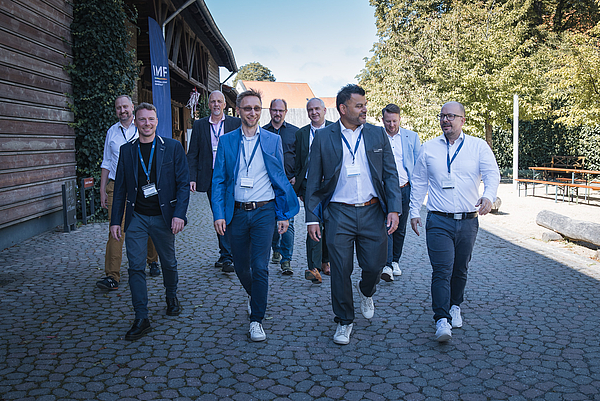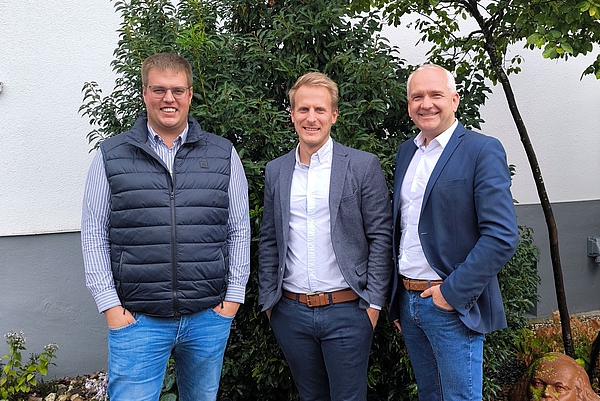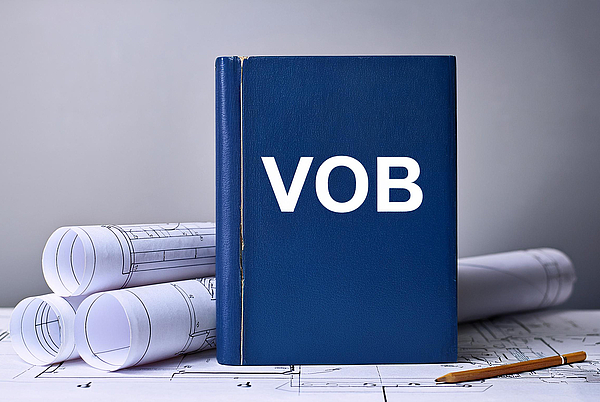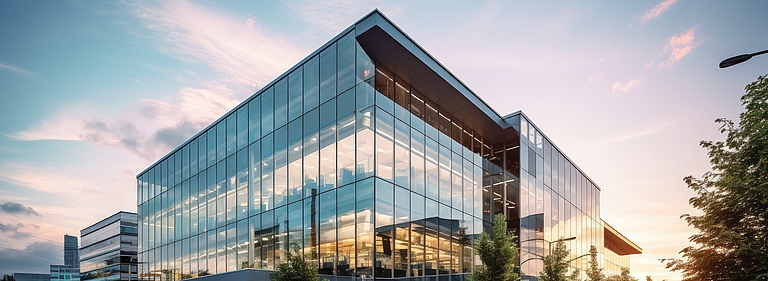Determining and analyzing operator obligations and inventory data is crucial for the safe and efficient operation of systems and buildings. This task includes the collection and evaluation of all relevant inventory data, the identification of legal and regulatory requirements and the review of existing infrastructure and systems. The aim is to ensure compliance with all operator obligations, minimize risks and optimize operations. Through a thorough analysis, necessary measures to improve and adapt operational processes can be identified and implemented.


